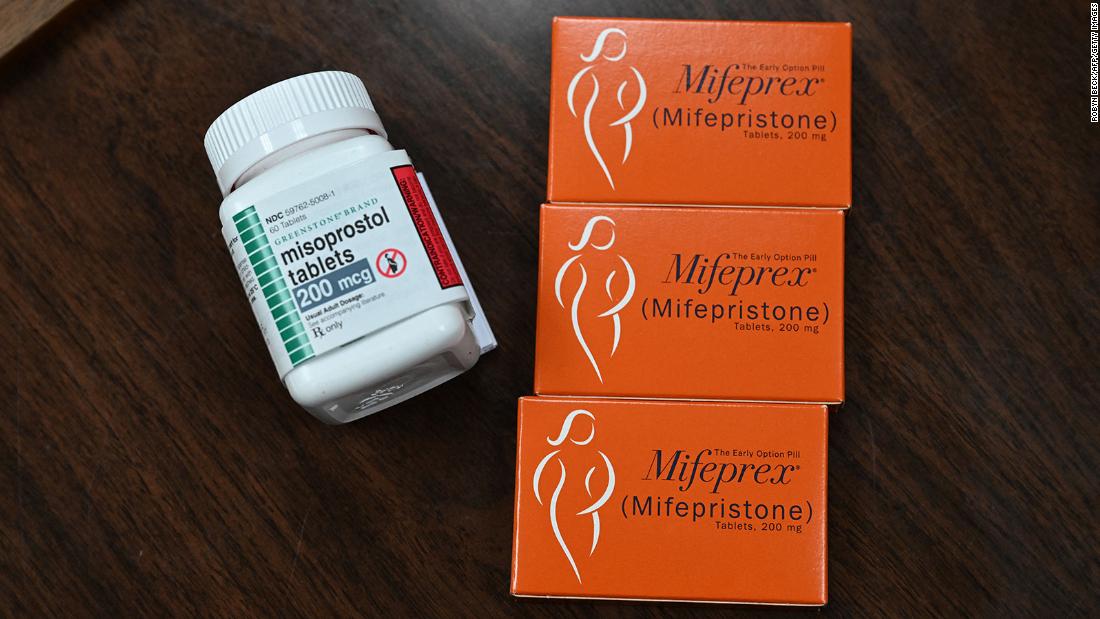ISRAEL and Syria have agreed to a ceasefire, a US envoy has said, after days of airstrikes amid mounting tensions.
US Ambassador to Turkey Tom Barrack revealed on Friday the two countries agreed to a ceasefire supported by Turkey, Jordan and neighbours.
AFPSmoke billows following Israeli strikes near the Syrian army and defence ministry headquarters in Damascus[/caption]
ReutersBedouin fighters ride on a vehicle along a street as Sweida province has been engulfed by nearly a week of violence[/caption]
GettyA gunman is seen in front of burning grass as clashes between the alliance of Bedouin Arabs and tribal forces and armed Druze factions continue[/caption]
APUS Ambassador to Turkey and Special Envoy to Syria Tom Barrack announced a ceasefire was reached[/caption]
Several hundred people have reportedly died this week alone in the south of Syria after violence erupted involving local fighters, government authorities, as well as Bedouin tribes.
On Wednesday, Israel launched airstrikes in Damascus, while also hitting government forces in the south.
The moment an Israeli airstrike hit a Syrian military HQ was captured on live TV – with a news reporter seen fleeing in panic.
The country demanded they withdraw and saying that Israel aimed to protect Syrian Druze – part of a small but influential minority that also has followers in Lebanon and Israel.
“We call upon Druze, Bedouins, and Sunnis to put down their weapons and together with other minorities build a new and united Syrian identity,” Barrack said in a post on X.
A rebel offensive led by Islamist insurgent groups ousted Syria’s longtime leader, Bashar Assad, in December – bringing a dramatic end to a nearly 14-year civil war.
Since then, the country’s new rulers have struggled to unite to establish complete control.
The primarily Sunni Muslim leaders have faced suspicion from religious and ethnic minorities.
And fears increased after clashes between government forces and pro-Assad armed groups in March spiralled into separatist revenge attacks.
Hundreds of civilians from the Alawite religious minority, to which ousted Assad belongs, were killed.
In Israel, the Druze are seen as a loyal minority and often serve in the military.
Meanwhile in Syria, the Druze have been divided over how to deal with the country’s new leaders.
Some have advocated for integrating into the new system.
But others remained suspicious and pressed for an autonomous Druze region.
On Wednesday, Israeli Defence Minister Israel Katz said that the Israeli army would continue to attack regime forces until they withdraw from the area.
He added the country would also soon raise the bar of responses against the regime if the chilling message is not understood.
Prime Minister Benjamin Netanyahu said in a statement Tuesday night that Israel “has a commitment to preserve the southwestern region of Syria as a demilitarised area on Israel’s border” and has “an obligation to safeguard the Druze locals”.
Israel has taken an aggressive stance toward Syria’s new leaders since Assad’s fall, saying it doesn’t want “Islamist militants” near its borders.
Israeli forces have seized a UN-patrolled buffer zone on Syrian territory along the border with the Golan Heights and launched hundreds of airstrikes on military sites in Syria.
Why has the Israel and Syria conflict erupted?
By Patrick Harrington, Foreign News Reporter
AFTER days of renewed violence between certain sects within Syria, Israel has launched a wave of attacks at its government forces.
Unrest flared up between a minority group called the Druze and Sunni extremist forces loyal to the government.
The Sunni forces have continued to confront religious minorities despite Syria’s new president, Ahmed al-Sharaa, pledging to embrace diversity within in the country.
Tensions have been exacerbated by the government’s failure to secure a disarmament and integration deal with the Druze – some of whom remain sceptical of al-Sharaa.
Last month, clashes between pro-government forces and the Druze left at least 100 people dead.
And this week’s flare up prompted the Syrian national military to intervene again, and they entered a Druze stronghold called Suwayda.
At least 30 people have been killed and dozens more injured in the violence.
More Islamist forces joined in alongside the Syrian military against the Druze – leading to a key community figure to call for international help.
Israel claims it has a duty to protect the Druze, and so decided to answer that call and go in with fresh airstrikes.
Israeli Prime Minister Benjamin Netanyahu’s office said Israel is “committed to preventing harm to the Druze in Syria due to the deep brotherly alliance with our Druze citizens in Israel, and their familial and historical ties to the Druze in Syria”.
This relationship is born from the roughly 130,000 Israeli Druze living in the northern regions of Carmel and Galilee.
It targeted the Syrian government forces approaching Suwayda with bombs and vowed to continue to protect the minority group.
GettySmoke rises from the Syrian army’s General Staff Complex after Israeli warplanes carried out multiple airstrikes in Damascus[/caption]
GettyPeople view damage in the aftermath of an Israeli airstrike on Syria’s defence ministry headquarters[/caption]
GettyDamaged property is seen following clashes between Bedouin and Druze groups[/caption] Published: [#item_custom_pubDate]















































































































